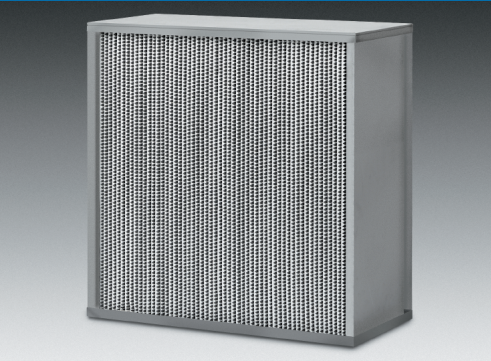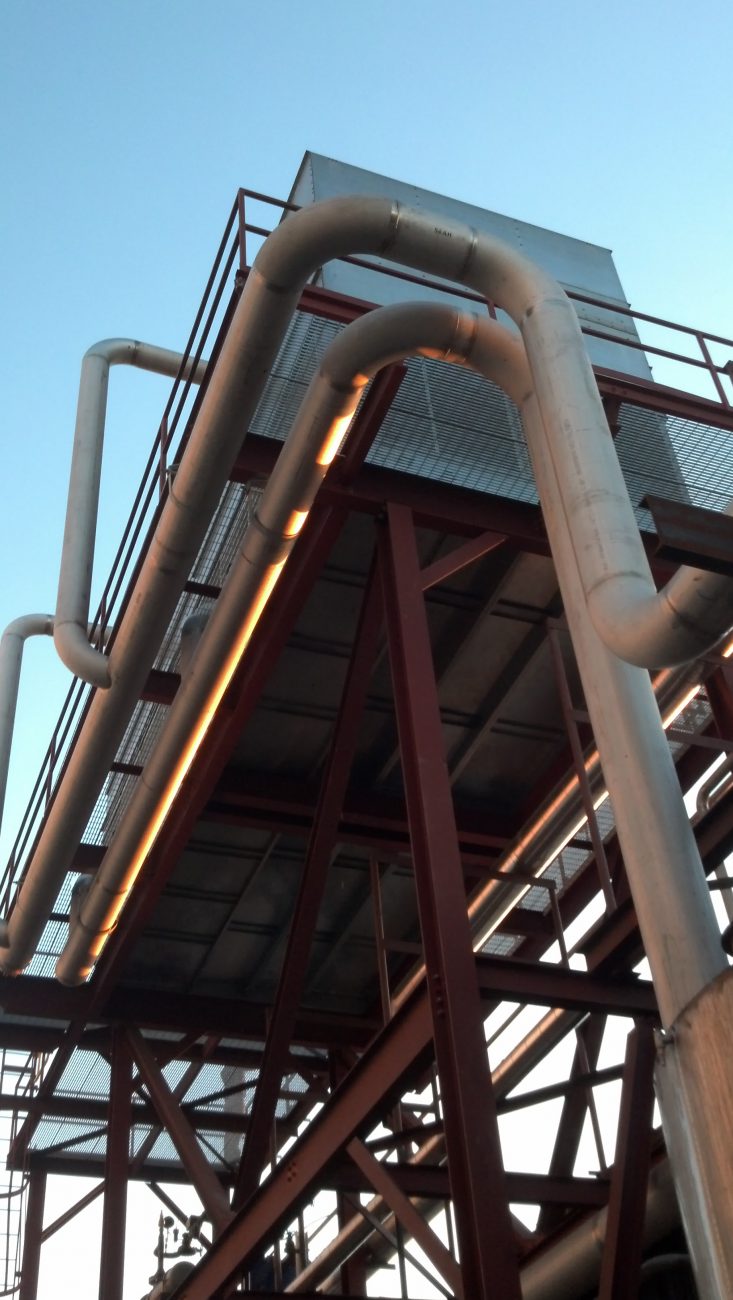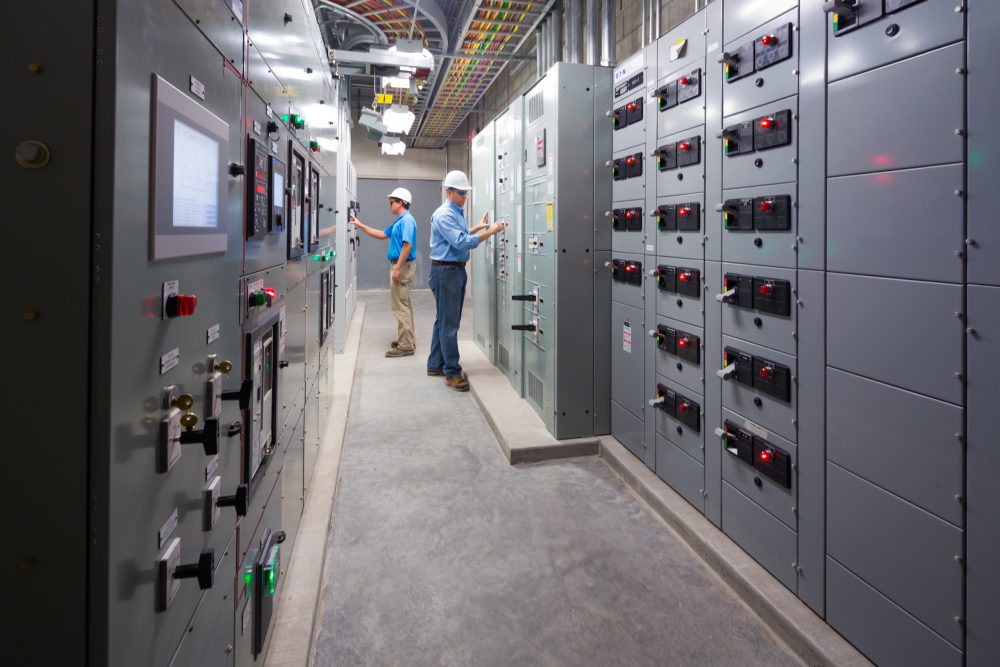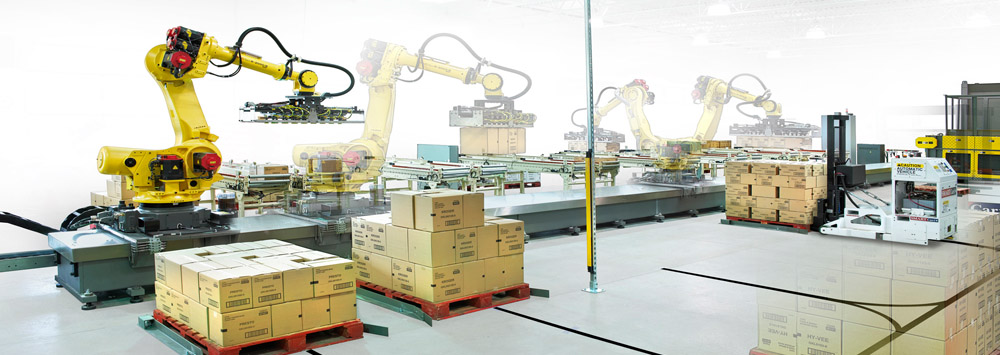How to Build a Better Capital Budget for Your Food Processing Plant
‘Tis the season to … piece together your capital budget for the new year. When estimating your numbers for food processing projects on the horizon, don’t just base your predictions on what you did the last time around. You shouldn’t be estimating costs based solely on square footage, either. However, there are ways to build a higher confidence level behind your budget and ensure its accuracy—it all lies within the data. Continue Reading “How to Build a Better Capital Budget for Your Food Processing Plant”










